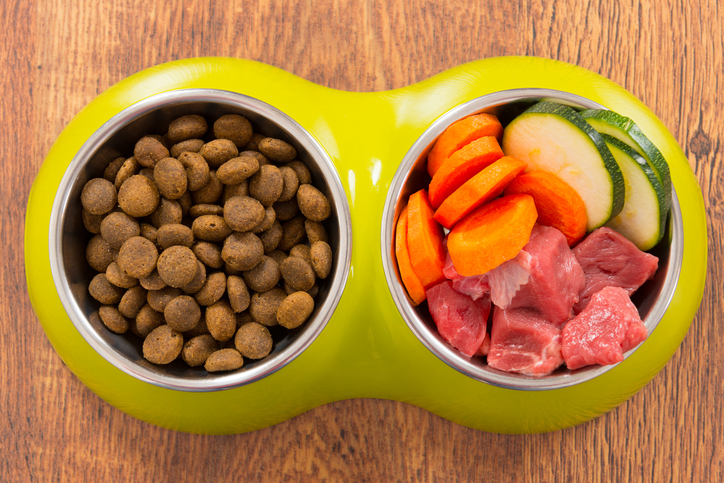Rupture of the Gastrocnemius Muscle in Cattle
- Lameness in Cattle
- Overview of Lameness in Cattle
- Physical Examination of a Lame Cow
- Locomotion Scoring in Cattle
- Computerized Recording of Digital Lesions in Cattle
- Distal Digital Anesthesia for Diagnostic and Surgical Procedures in Cattle
- Radiography in Cattle
- Arthrocentesis and Arthroscopy in Cattle
- Risk Factors Involved in Herd Lameness of Cattle
- Footbaths of Cattle
- Functional Claw Trimming of Cattle
- Prevalent Lameness Disorders in Intensively Managed Herds of Cattle
- Digital Dermatitis in Cattle
- Pododermatitis Circumscripta in Cattle
- White Line Disease in Cattle
- Toe Necrosis Syndrome in Cattle
- Sole Hemorrhage in Cattle
- Thin Sole in Cattle
- Heel Erosion in Cattle
- Other Disorders of the Interdigital Space in Cattle
- Interdigital Dermatitis in Cattle
- Interdigital Phlegmon in Cattle
- Interdigital Hyperplasia in Cattle
- Disorders of the Horn Capsule and Corium in Cattle
- Laminitis in Cattle
- Double Sole in Cattle
- Foreign Body in Sole of Cattle
- Vertical Fissures in Cattle
- Horizontal Fissures in Cattle
- Corkscrew Claw in Cattle
- Slipper Foot in Cattle
- Disorders of the Bones and Joints in Cattle
- Ankylosing Spondylosis in Cattle
- Degenerative Arthropathy in Cattle
- Coxofemoral Luxation in Cattle
- Patellar Luxation in Cattle
- Fetlock Dislocation in Cattle
- Hip Dysplasia in Cattle
- Fractures in Cattle
- Septic Arthritis of the Distal Interphalangeal Joint in Cattle
- Serous Tarsitis in Cattle
- Neurologic Disorders Associated with Lameness or Gait Abnormalities in Cattle
- Suprascapular Paralysis in Cattle
- Radial Paralysis in Cattle
- Ischiatic Paralysis in Cattle
- Obturator Paralysis in Cattle
- Femoral Paralysis in Cattle
- Peroneal Paralysis in Cattle
- Tibial Paralysis in Cattle
- Spastic Syndrome in Cattle
- Spastic Paresis in Cattle
- Soft-tissue Disorders Causing Lameness in Cattle
- Carpal Hygroma in Cattle
- Rupture of the Gastrocnemius Muscle in Cattle
- Rupture of the Peroneus Tertius Muscle in Cattle
- Tarsal Cellulitis in Cattle
Rupture of the gastrocnemius muscle or tendon is relatively rare. It is most likely to be associated with deficiencies of calcium, phosphorus, and vitamin D. Prolonged recumbency, with resulting myositis and struggling to rise, occasionally precipitates rupture of these muscles. Occasionally, the condition has been associated with pyelonephritis, which presumably causes a myositis, weakening the muscle enough to permit rupture. Injections of irritating medicaments into the gastrocnemius muscle may cause necrosis and rupture.
The hock remains flexed. When the muscle is completely ruptured, the standing animal rests the hock and distal portion of the limb on the ground or walking surface, which is diagnostic, although rupture of the Achilles tendon may produce an identical gait.
Successful treatment is extremely unlikely in heavy adult animals. A leg cast or splint that maintains the hock in extension, supplying adequate vitamins and minerals, and proper nursing may be successful, but a long recovery period is required.
- Lameness in Cattle
- Overview of Lameness in Cattle
- Physical Examination of a Lame Cow
- Locomotion Scoring in Cattle
- Computerized Recording of Digital Lesions in Cattle
- Distal Digital Anesthesia for Diagnostic and Surgical Procedures in Cattle
- Radiography in Cattle
- Arthrocentesis and Arthroscopy in Cattle
- Risk Factors Involved in Herd Lameness of Cattle
- Footbaths of Cattle
- Functional Claw Trimming of Cattle
- Prevalent Lameness Disorders in Intensively Managed Herds of Cattle
- Digital Dermatitis in Cattle
- Pododermatitis Circumscripta in Cattle
- White Line Disease in Cattle
- Toe Necrosis Syndrome in Cattle
- Sole Hemorrhage in Cattle
- Thin Sole in Cattle
- Heel Erosion in Cattle
- Other Disorders of the Interdigital Space in Cattle
- Interdigital Dermatitis in Cattle
- Interdigital Phlegmon in Cattle
- Interdigital Hyperplasia in Cattle
- Disorders of the Horn Capsule and Corium in Cattle
- Laminitis in Cattle
- Double Sole in Cattle
- Foreign Body in Sole of Cattle
- Vertical Fissures in Cattle
- Horizontal Fissures in Cattle
- Corkscrew Claw in Cattle
- Slipper Foot in Cattle
- Disorders of the Bones and Joints in Cattle
- Ankylosing Spondylosis in Cattle
- Degenerative Arthropathy in Cattle
- Coxofemoral Luxation in Cattle
- Patellar Luxation in Cattle
- Fetlock Dislocation in Cattle
- Hip Dysplasia in Cattle
- Fractures in Cattle
- Septic Arthritis of the Distal Interphalangeal Joint in Cattle
- Serous Tarsitis in Cattle
- Neurologic Disorders Associated with Lameness or Gait Abnormalities in Cattle
- Suprascapular Paralysis in Cattle
- Radial Paralysis in Cattle
- Ischiatic Paralysis in Cattle
- Obturator Paralysis in Cattle
- Femoral Paralysis in Cattle
- Peroneal Paralysis in Cattle
- Tibial Paralysis in Cattle
- Spastic Syndrome in Cattle
- Spastic Paresis in Cattle
- Soft-tissue Disorders Causing Lameness in Cattle
- Carpal Hygroma in Cattle
- Rupture of the Gastrocnemius Muscle in Cattle
- Rupture of the Peroneus Tertius Muscle in Cattle
- Tarsal Cellulitis in Cattle




